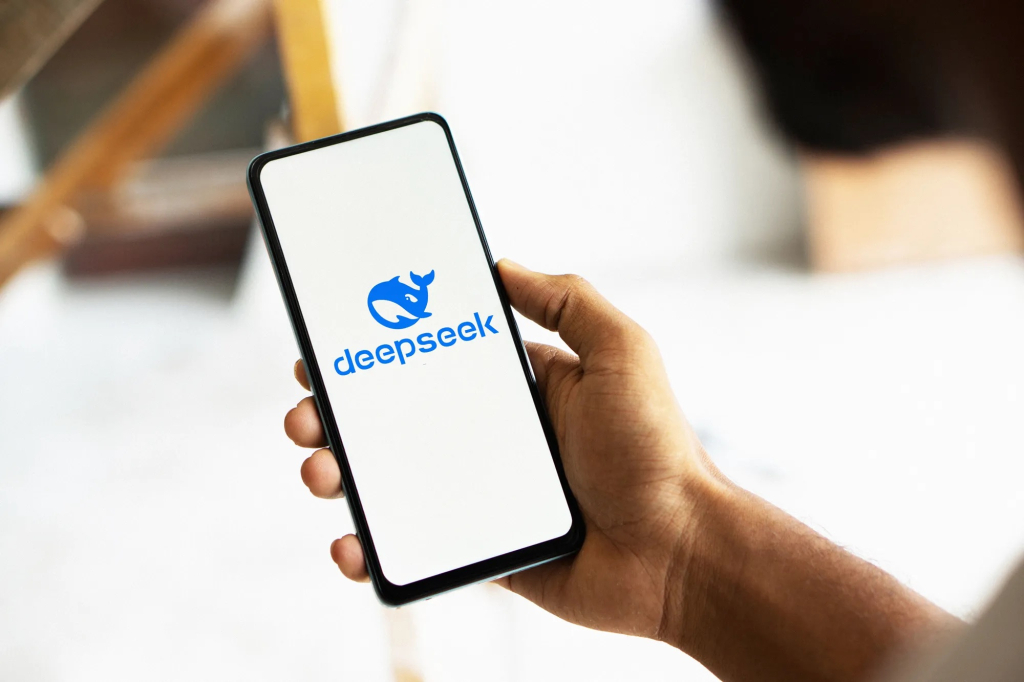
As competition for artificial intelligence dominance heats up, the U.S. government is stepping up efforts to curb China’s influence. A newly proposed bill could significantly escalate restrictions, making it illegal for Americans to use, import, or develop Chinese AI technologies—including the emerging chatbot, DeepSeek.
A Landmark AI Ban?
Sen. Josh Hawley (R-MO) introduced legislation last week that, if passed, would impose some of the harshest penalties ever seen in technology regulations. Violators could face severe consequences:
- Individuals found using or developing Chinese AI could receive up to 20 years in prison.
- Corporations violating the ban could be fined up to $100 million.
- The bill also seeks to block AI-related exports and imports between the U.S. and China.
This measure underscores the growing tensions between Washington and Beijing as both nations vie for AI supremacy.
Why Is DeepSeek a Target?
DeepSeek, a cutting-edge AI model developed in China, has drawn scrutiny for its ability to rival leading U.S. chatbots while using fewer computing resources. This efficiency has raised alarms in Washington, where policymakers fear American companies could struggle to compete.
Beyond economic concerns, lawmakers argue that China’s AI advancements could bolster its military and surveillance capabilities. The controversy surrounding DeepSeek mirrors previous debates over TikTok, where concerns over data privacy and national security nearly led to a nationwide ban.
Political Momentum for AI Restrictions
Sen. Elizabeth Warren (D-MA) and Sen. Hawley have been outspoken about the need for stricter AI policies. In a joint statement last year, they criticized previous administrations for failing to regulate AI effectively and called for decisive action to limit China’s access to advanced technology.
Industry Fallout: How Tech Companies Are Reacting
The bill’s introduction sent shockwaves through financial markets, contributing to a $1 trillion stock market selloff. Leading AI chip manufacturer Nvidia saw historic losses amid uncertainty over future regulations.
Adding to the high stakes, Nvidia CEO Jensen Huang met with President Donald Trump last week to discuss the role of AI in U.S. technological leadership. While details of their conversation remain undisclosed, Trump hinted at potential shifts in AI policy, saying it was a “good meeting” but offering no clarity on upcoming regulations.
Tech leaders are closely watching the bill’s progress, wary that sweeping AI restrictions could stifle innovation and slow the growth of American startups.
Will the Bill Pass?
Although the legislation has yet to move forward, its introduction signals a growing bipartisan push for stricter AI regulations. Even if this specific measure does not pass, Congress is expected to consider additional AI-related restrictions in the coming months.
Whether or not DeepSeek is formally banned, one thing is clear: The battle over China’s role in AI is just beginning.




